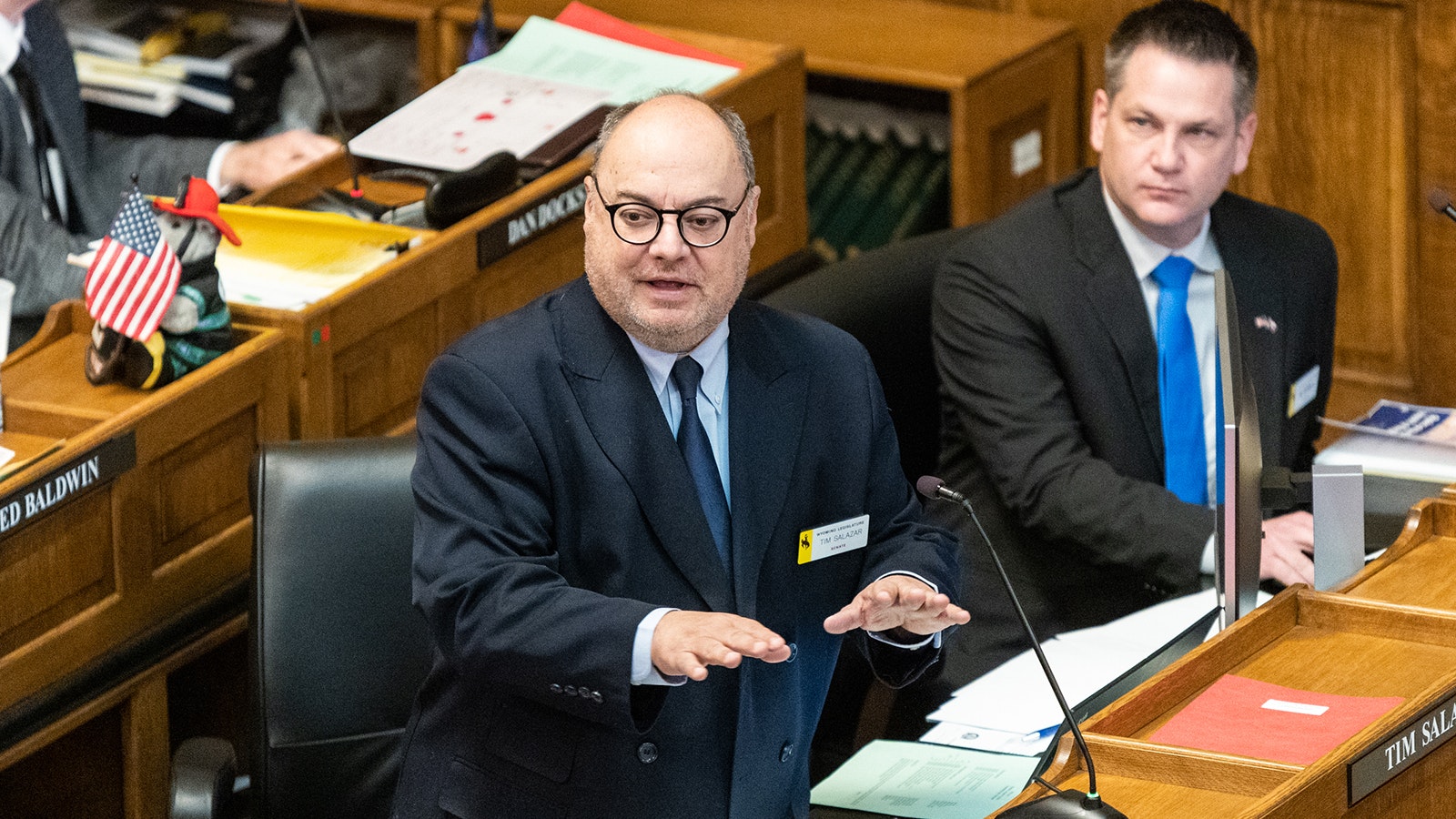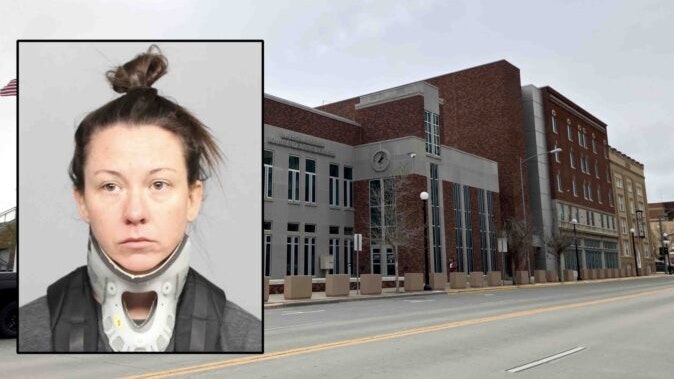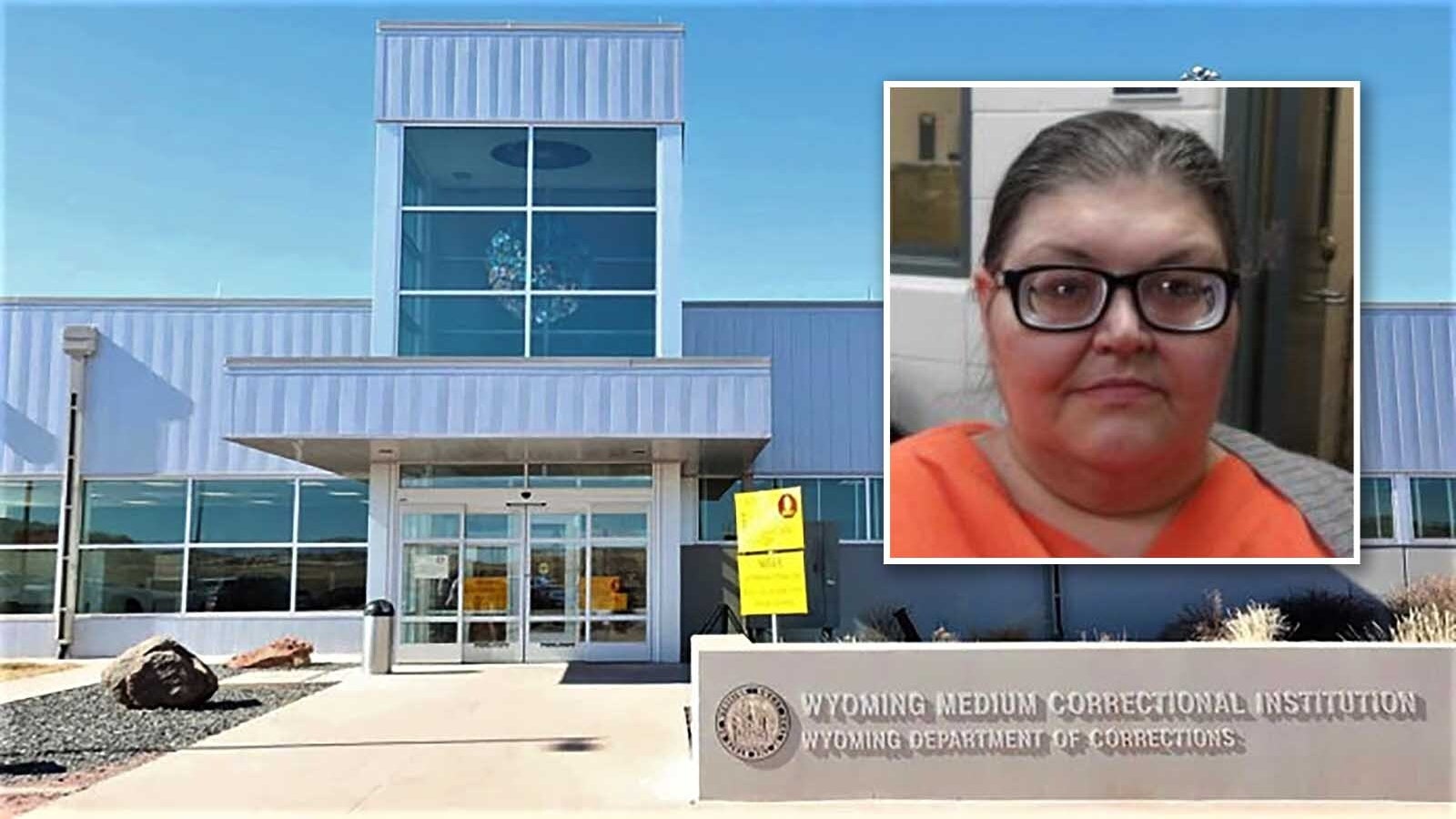When Wyoming became the first U.S. state to outlaw the use of prescription drugs to induce chemical abortions, the Cowboy State became a focal point for national attention and criticism.
Among the critics are U.S. Vice President Kamala Harris and the inventor of the abortion pill.
Wyoming’s law, titled “Prohibiting Chemical Abortions,” also received worldwide media attention from outlets like The New York Times, the BBC, and Australia’s Sky News.
State Sen. Tim Salazar, R-Riverton, who sponsored Senate File 109, said outside voices have the right to express their opinions, but that they don’t necessarily represent the views of most Wyomingites.
“They have every right to make their statements with what they believe,” he told Cowboy State Daily, adding that the criticism falls on mostly deaf ears in Wyoming.
“I don’t think they are in touch with the vast majority of Wyoming citizens or the values that we hold in Wyoming,” he said. “What the people of New Jersey or the District of Columbia believe is right for them is different than what is right for the people of Wyoming.”
On its final reading in the House, the bill passed 56-5-1.
The overturn of Roe v. Wade last summer paved a road for states to enact measures completely restricting abortion access.
Salazar said one of the most prominent gains from the landmark U.S. Supreme Court decision was making abortion a state’s rights issue. The Wyoming Legislature quickly exercised that oversight authority, passing two laws significantly curtailing the ability of women to get abortions in Wyoming.
More Focused
SF 109 never ran into much resistance from lawmakers during its journey through the Legislature earlier this year, although the bill’s language changed somewhat substantially.
“This bill does not prevent all abortions in Wyoming,” Salazar said. “It does regulate certain types of abortion.”
It also outlaws one of the most common forms of abortion in the state.
Chemical abortions were the source of most Wyoming abortions in 2019 through 2021.
Although SF 109 does nothing to prevent surgical abortions, that’s where House Bill 152 steps in.
That legislation, which Salazar co-sponsored, prohibits all abortions except in the case of rape, incest or medical emergency. Salazar said he sees HB 152 as a much more “sweeping” law and touted its focus.
But SF 109 still has some broad-reaching impacts.
The Wyoming House changed SF 109 from its original form, stripping out specific abortion drugs and inserting instead a blanket ban on prescribing, distributing, selling and using any chemical abortion drugs for the purpose of causing an abortion.
There are abortion chemicals throughout Wyoming pharmacies and hospitals that have other medical purposes, like inducing labor and treating postnatal hemorrhages, that are still allowed. But they aren’t allowed to be prescribed to purposely cause abortions.
The original version outlawed the use of these drugs for any circumstance aside from medical emergencies, but Salazar believes the changes made his bill stronger.
The Legislature And Abortion
Salazar believes the Legislature “is clearly within its role” to regulate abortion, and SF 109 comes with the presumption that the legislative branch of state government has a constitutional right to regulate certain procedures.
This is a point Gov. Mark Gordon somewhat disagrees with, as has 10th Judicial District Court Judge Melissa Owens, who blocked Wyoming’s new ban on almost all abortions from going into effect last week.
A section in the Wyoming Constitution allows the Legislature to enact “necessary restrictions” on health care, but another section promises health care autonomy for Wyoming residents.
Owens said she must determine whether abortion can be considered health care before she can offer any ruling on the matter. The injunction Owens put in place has no impact on the chemical abortions ban.
In the landmark U.S. Supreme Court case Dobbs v. Jackson Women’s Health Organization that overturned the national guarantee of the right to abortion last summer, the court ruled that the U.S. Constitution does not confer a right to abortion.
Both Gordon and Owens have said this issue may need to be addressed with a change to the state Constitution or a ruling by the Wyoming Supreme Court.
“The court has made its decision and I respect the authority of the judicial branch of government,” Salazar said.
It is likely the only way the question of abortion is definitively answered in Wyoming is through the Wyoming Supreme Court or a constitutional amendment decided by voters, although Owens also has questioned the legality of the latter. That route would likely involve an extensive and emotionally charged campaign effort on both sides of the abortion debate.
Salazar said he’s unsure if the chemical abortions ban will be similarly challenged in court, but pointed out that unlike HB 152, which went into effect immediately, SF 109 does not become legally binding until July 1.
Motivations
Salazar said he has heard claims that SF 109 was only supported by faith-based organizations, which leaves it open to claims it violates the First Amendment’s Establishment Clause. This clause prohibits government from making any law “respecting an establishment of religion.”
He said the bill wasn’t motivated by religious beliefs and making those “assumptions” marginalize secular and non-religious residents.
“To think that only faith-based communities can support pro-life legislation is an error,” Salazar said. “Both secular and feminist citizens can be found to support pro-life legislation.”
Wyoming has a very low rate of abortions compared to the rest of the country. According to the Centers For Disease Control and Prevention, 1.5% of Wyoming pregnancies resulted in abortions in 2020, much lower than the 16.5% national average. The Wyoming Department of Health reported in 2021 there were 98 abortions performed in Wyoming.
Outlawing abortion does not have universal support in Wyoming. Democrats in the Legislature have consistently opposed the measure.
In-State Pressure
The Wyoming Democratic Party also put out a message against Gordon’s decision to let the two abortion bills pass into law earlier this month, saying he lacks leadership.
“We are disgusted by Governor Gordon’s decision to stand with the zealots in our Legislature to ensure that women in Wyoming now have less freedoms than in any other state in the nation,” the Democrats said.
Although he voted in support of SF 109, House Speaker Rep. Albert Sommers, R-Pinedale, described in a legislative recap last week that the chemical abortions bill and HB 152 are “a poor substitute for the trigger bill that was passed a year ago,” which automatically made abortion illegal in Wyoming upon the revocation of Roe v. Wade.
“I do not think a pro-life stance should exclude being pro-mother and pro-child,” he said.
SF 109 has teeth when it comes to the prescription of abortion drugs in Wyoming, but for the most part, that’s where those teeth end. Salazar said the focused nature of his bill has some limitations.
Although large corporations like Walgreens typically cooperate with local laws on specific pharmaceutical drugs, Wyoming residents will likely still be able to access chemical abortion pills ordered from companies overseas.
But as a pro-life advocate, Salazar said he is proud that the language used in Wyoming’s SF 109 will likely be used by other states around the country attempting to pass similar legislation.
He also acknowledges that this won’t be picked up nationwide.
“What is good law for Wyoming may not be good law for New Jersey,” he said. “This is (something) Wyoming lawmakers and the governor felt comfortable (using) as an approach to regulating abortion in our state.”





